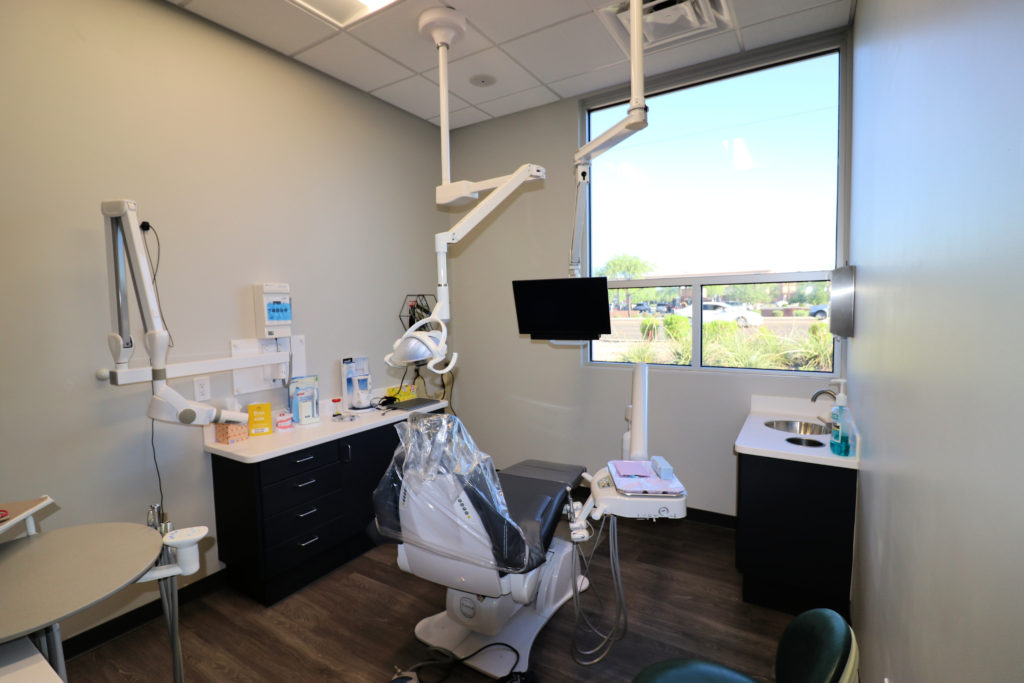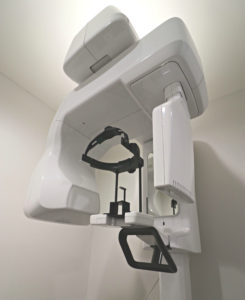Book Appointment Now
“Wisdom” Teeth
Is it just me or am I not the only one who has wondered why I have “wisdom teeth?” I don’t know about about you, but I’m not sure if I have felt that extra “wisdom” flowing in! FUN FACT: they are actually called third molars! Here’s why we have learned to call them Wisdom Teeth!
Center Street Dental says, “The eruption of our third molars marks a transitional period in our lives between adolescence and adulthood. It is thought that with age, we become wiser and more mature. Thus, these late arrivers were nicknamed “wisdom teeth.” However, anyone who has dealt with an impacted or infected wisdom tooth knows that sometimes the eruption of these teeth can feel anything but “wise.” The development and eruption of third molars is thought to have been an evolutionary response to our ancestors’ diets and chewing habits. Their diets, consisting of hard, rough foods, caused considerable wear and damage to their teeth over time. Because of this wear and tear on their teeth, the arrival of their “wisdom teeth” was a welcome bodily reaction to their need for improved chewing function. However, nowadays, third molars can create more problems than benefits to the function and appearance of our smiles.
Some people have all 4 wisdom teeth, while others may only have a few – or none at all! Wisdom teeth may come in straight, not causing any problems with the other teeth. In this case, they do not need to be removed. However, they are usually removed anyway to prevent the occurrence of decay between the wisdom tooth and the molar beside it- as it is difficult to clean properly. Wisdom teeth that are present but that do not erupt from the gums are referred to as “impacted.” A soft tissue impaction means that the tooth is below the gum tissue and may or may not erupt, while a complete or partial bony impaction refers to a tooth that is completely or partially obstructed by the jaw bone. Impacted wisdom teeth should be removed because they pose a risk for infections such as pericoronitis, which occurs when bacteria and plaque build-up get into the gum flap covering the wisdom tooth and cause an abscess. An abscess can be extremely painful and dangerous, so it is important to call your dentist if you experience any pain due to the eruption of your wisdom teeth. Wisdom teeth are also removed if x-rays show that their development is detrimental to the organization or health of the other teeth.”



